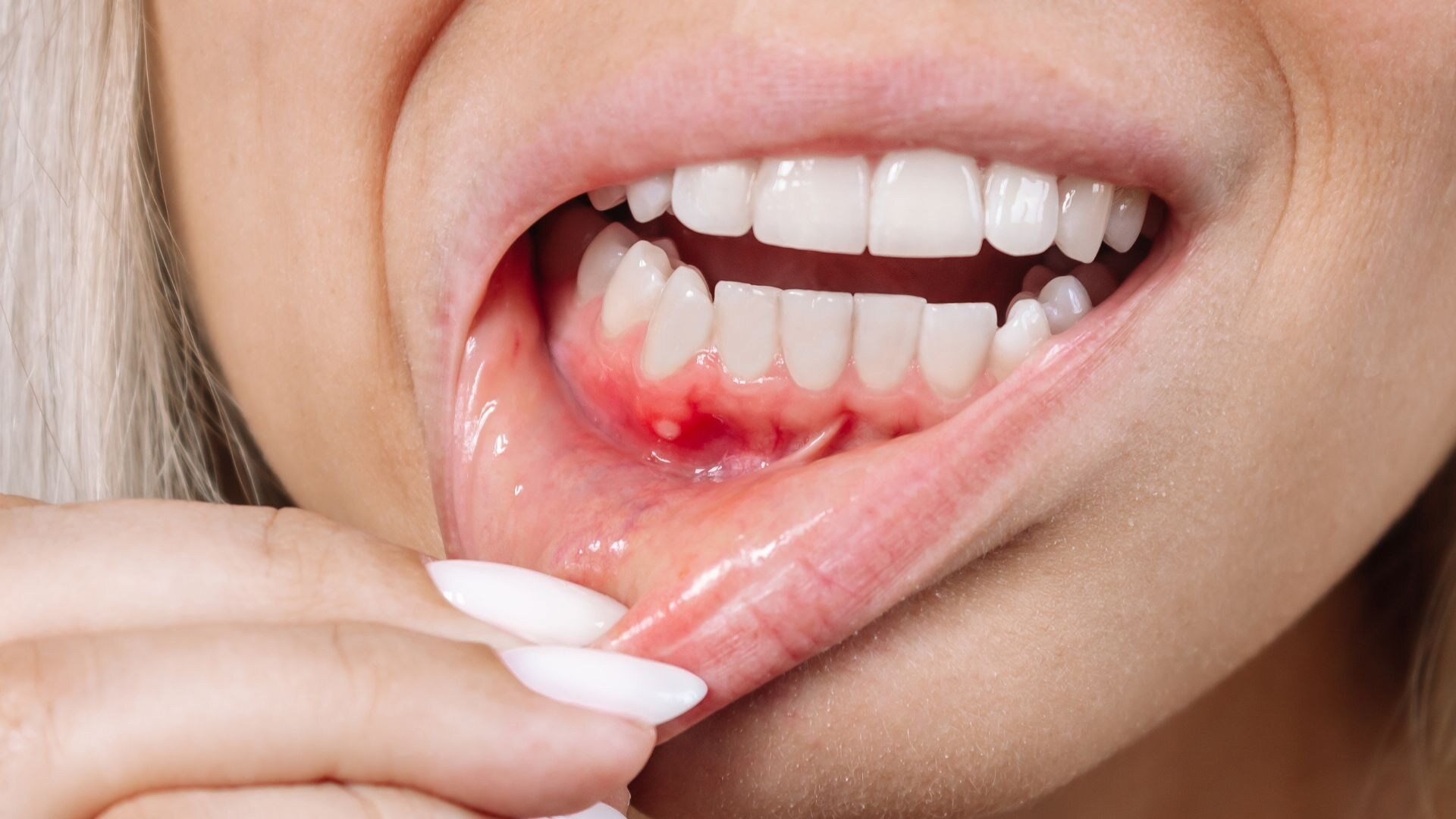This symptom may indicate the development of cancer. You will notice it when brushing your teeth

Bleeding gums are usually associated with diseases developing in the oral cavity. However, this symptom may indicate another dangerous disease – one of the cancers.
Bleeding gums may be the result of brushing your teeth too intensively or using inappropriate toothbrushes, such as a toothbrush with hard bristles. However, this problem may also have completely different causes and indicate the development of acute myeloid leukemia. It is a cancer caused by mutations in bone marrow cells. Immature, changed cells multiply, fill the marrow, and over time enter the peripheral blood.
Bleeding gums as a symptom of acute myeloid leukemia
Bleeding gums occur in less than 18% of patients with acute myeloid leukemia. During the course of the disease, changes occur in the capillaries, which often results in dental problems. The gums are swollen and painful to the touch. They may bleed spontaneously (without any apparent cause), as well as during oral hygiene or eating hard foods that require biting. The problem usually does not go away for a long time and often recurs, for example when brushing your teeth more vigorously. In patients with acute myeloid leukemia, not only the gums may bleed, but also other places in the mouth, such as the tongue, palate or cheek mucosa. The occurrence of this symptom should always be an indication to visit a specialist.
What are other symptoms of acute myeloid leukemia?
In the course of acute myeloid leukemia, other symptoms often appear, such as: bone and joint pain, headaches, general weakness, anemia, bruising on the body (even with a relatively minor injury), and a patchy or lumpy rash. What is very typical is that the symptoms usually get worse quickly. Over time, the patient feels worse and worse and becomes more weak. Even a small effort causes him to be very tired.
Other causes of bleeding gums
Bleeding gums do not always indicate cancer. Its causes may be different. These include type 2 diabetes, blood clotting disorders, anemia, liver problems, excess dental plaque and periodontal disease. If the problem persists or persists, you should always visit your dentist or primary care physician.






